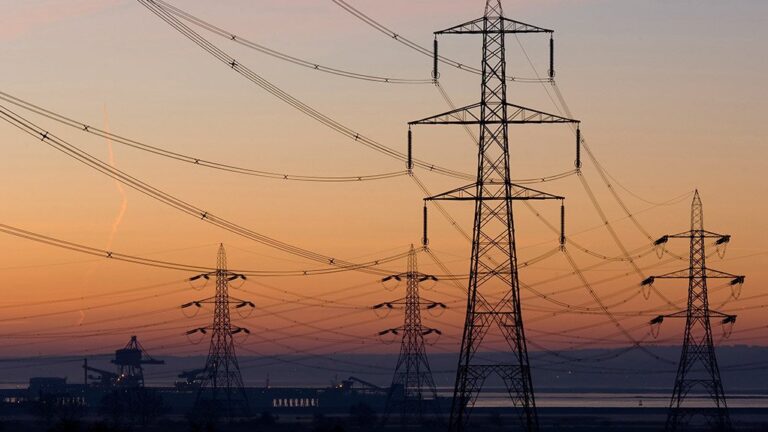Finance mechanisms for private sector-led energy access in urban informal settlements: Sierra Leone case study

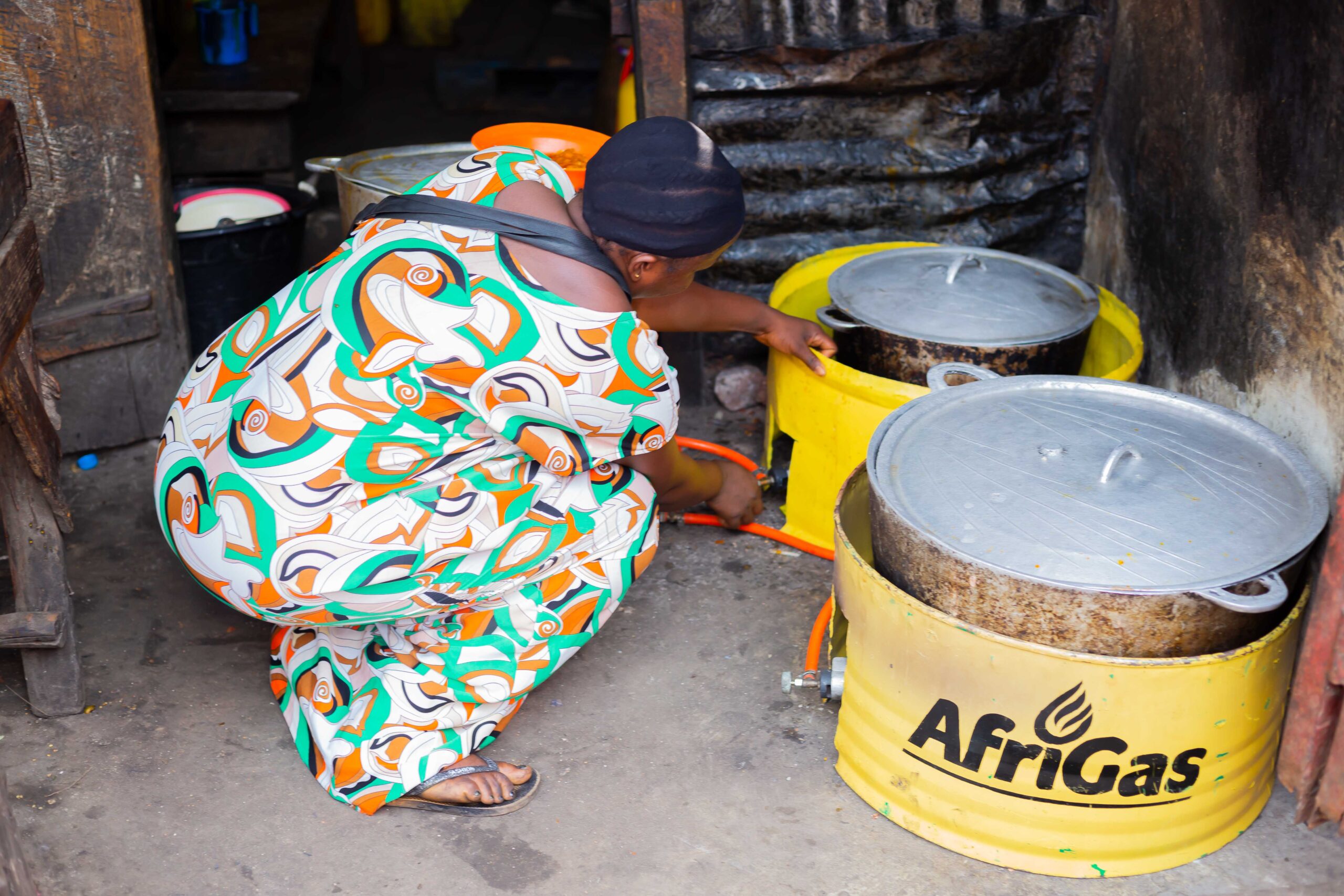

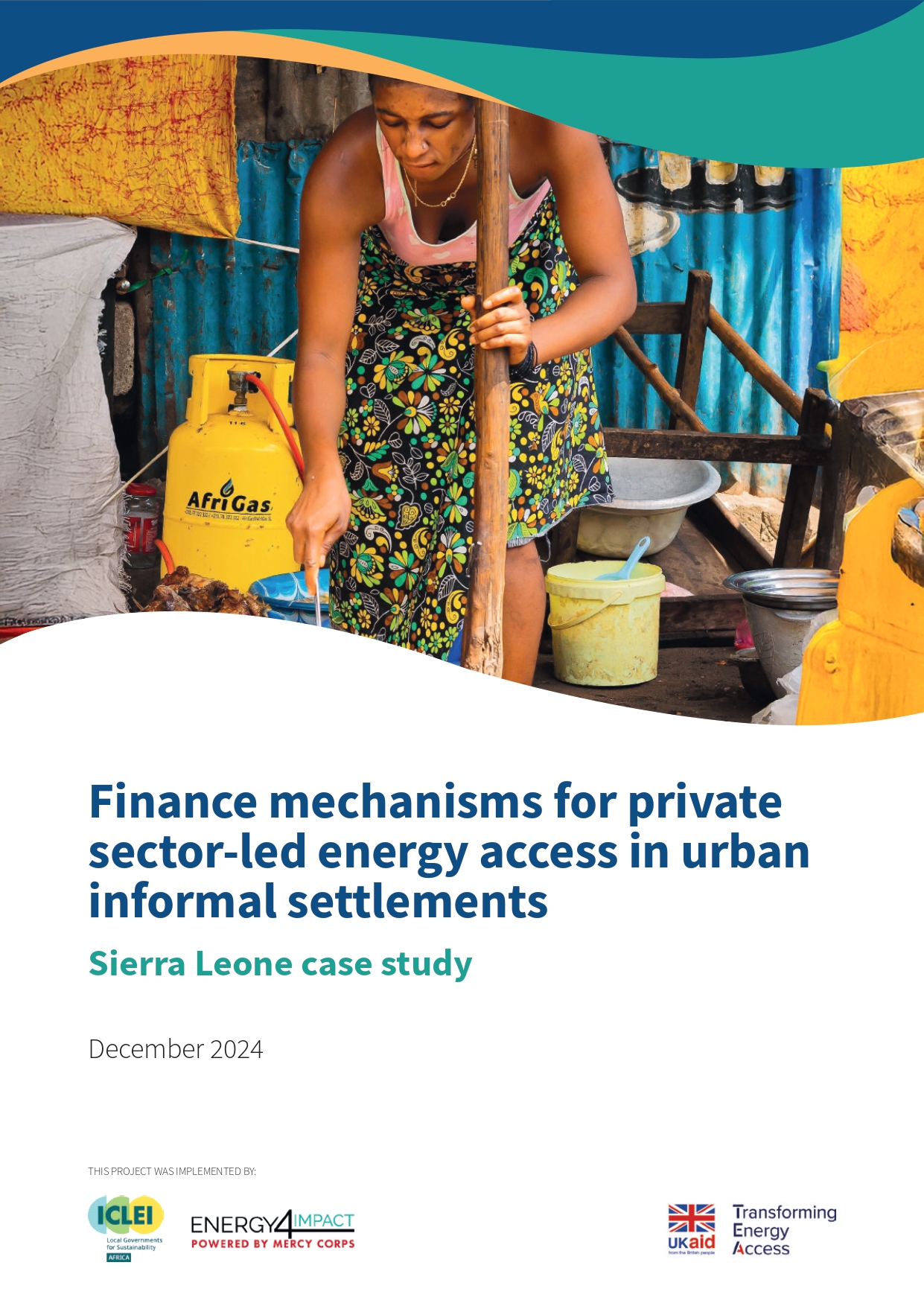
Download:
Related ICLEI Pathway(s)
About
Resource summary
The push for universal energy access in Africa requires significant energy project financing, estimated at approximately $25 billion annually by 2030 to achieve modern energy access for all. Sierra Leone is no exception, with only 26% electrification, mainly in urban areas and peri-urban areas1. The private sector is pivotal if the country is to achieve 85% renewable energy capacity by 2030, with the urban population growth averaging 3.36% annually between 2010 and 2023 and increasing the population by over 1.3 million.
This paper explores various finance mechanisms that would enable Energy Service Providers (ESPs) to deliver sustainable energy solutions to urban informal settlements in Sierra Leone. While focused on clean cooking solutions, most insights presented in this paper also apply to other energy solutions, such as decentralised renewable energy and productive use appliances in the context of urban informal settlements. Financing mechanisms such as equity, debt, output-/outcome-based grants, crowdfunding, and carbon credits are reviewed through a clean cooking ESP lens. Equity and grants appear to hold the highest share of financing into the clean cooking space, although there is considerable potential in other financing mechanisms, such as carbon credits and output-based grants, which could substantially de-risk capital costs for ESPs.
Related resources
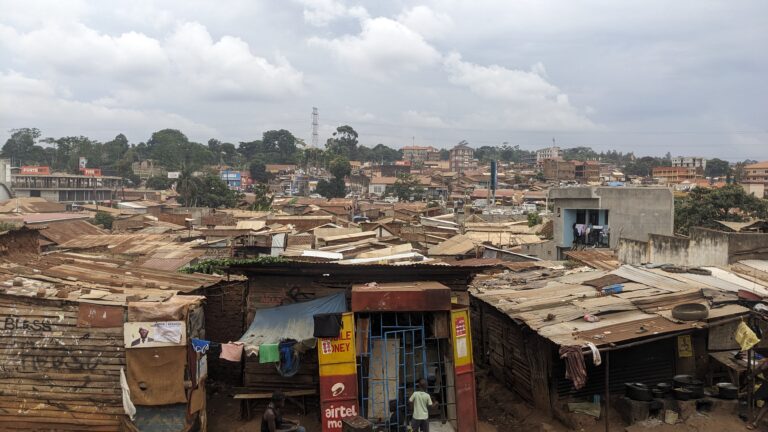
Understanding household access to cooking energy in informal Kampala
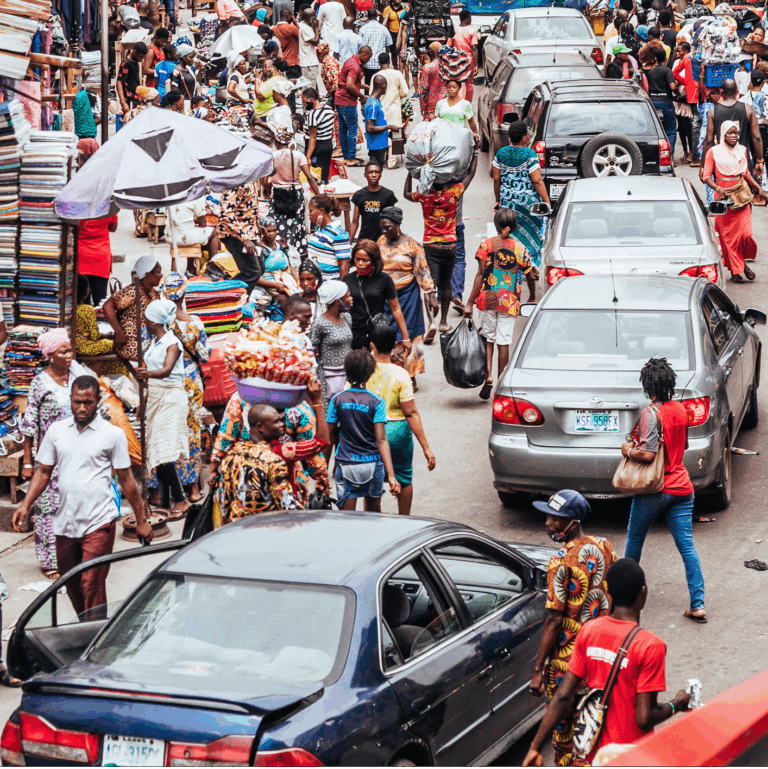
RISE Africa report 2025
